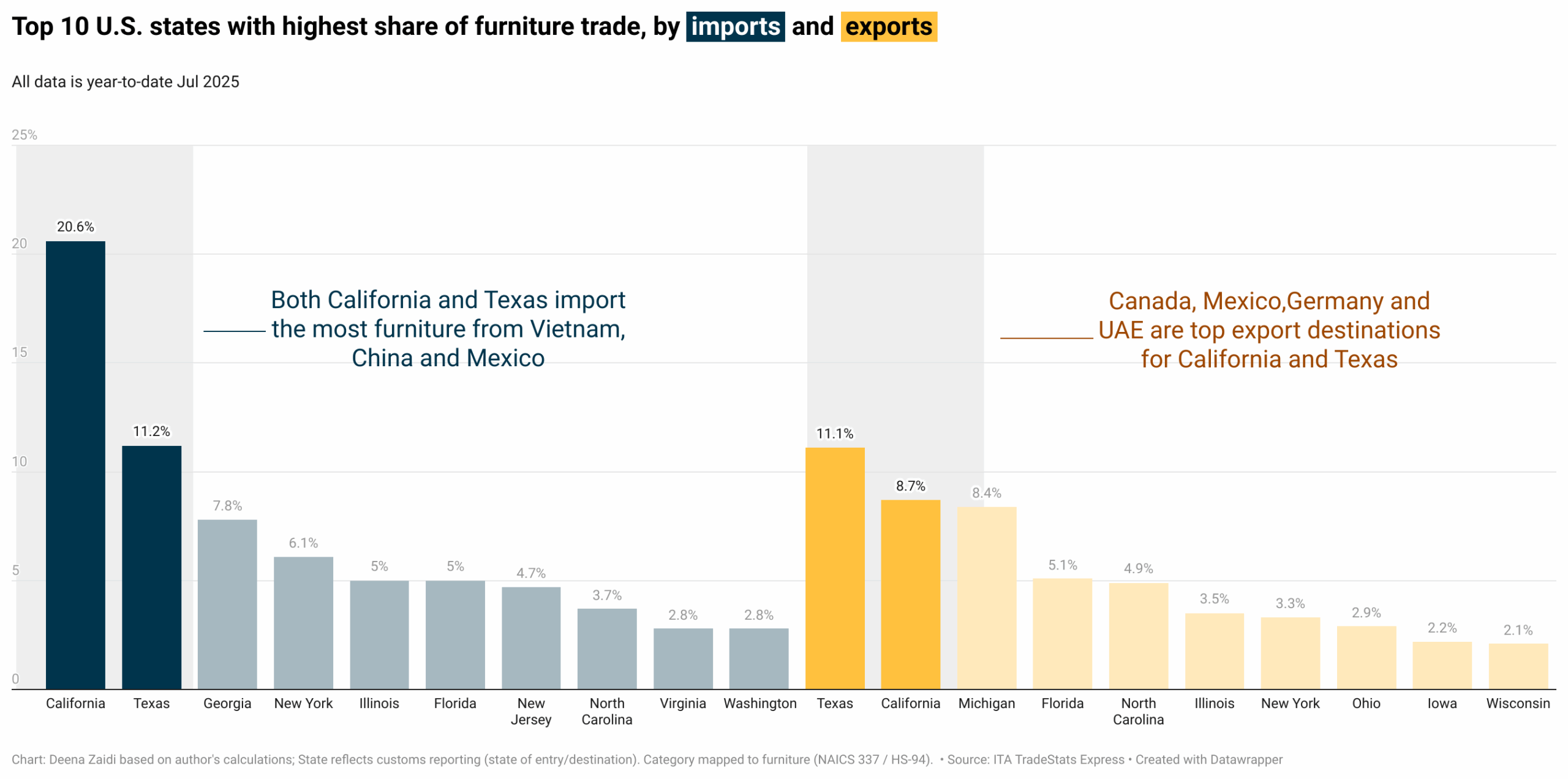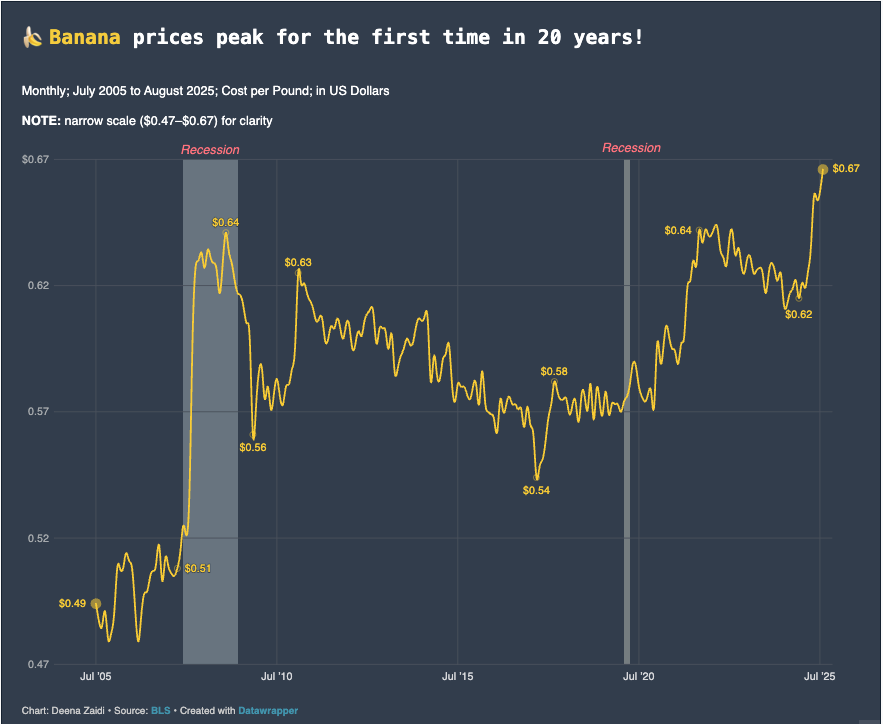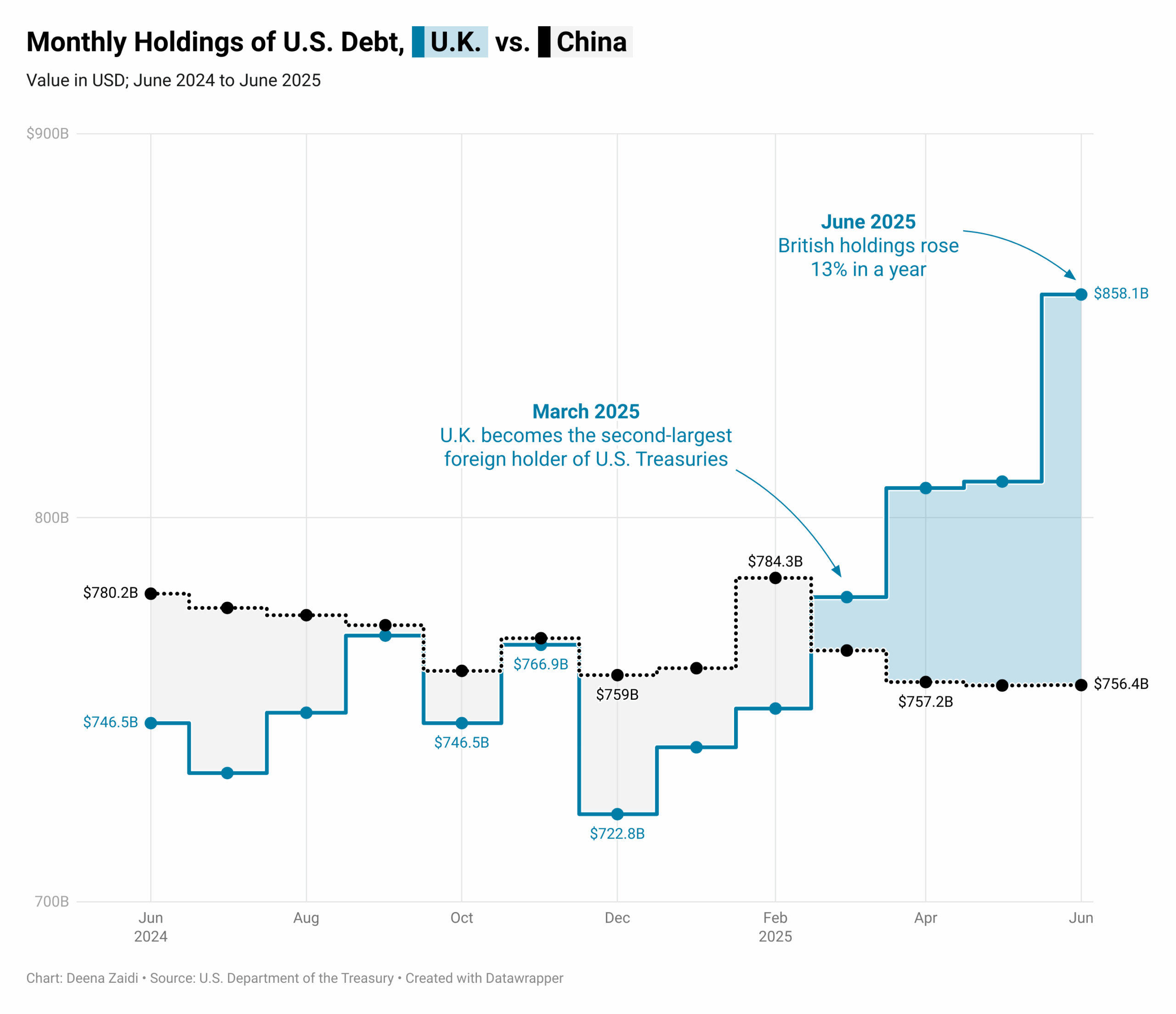Beginning midnight, Oct. 14, 2025, imports of select wood and furniture items—including softwood, kitchen cabinets, bathroom vanities, and upholstered furniture—face new Section 232 tariffs, targeting imports of timber, wood products, furniture, and cabinetry.



